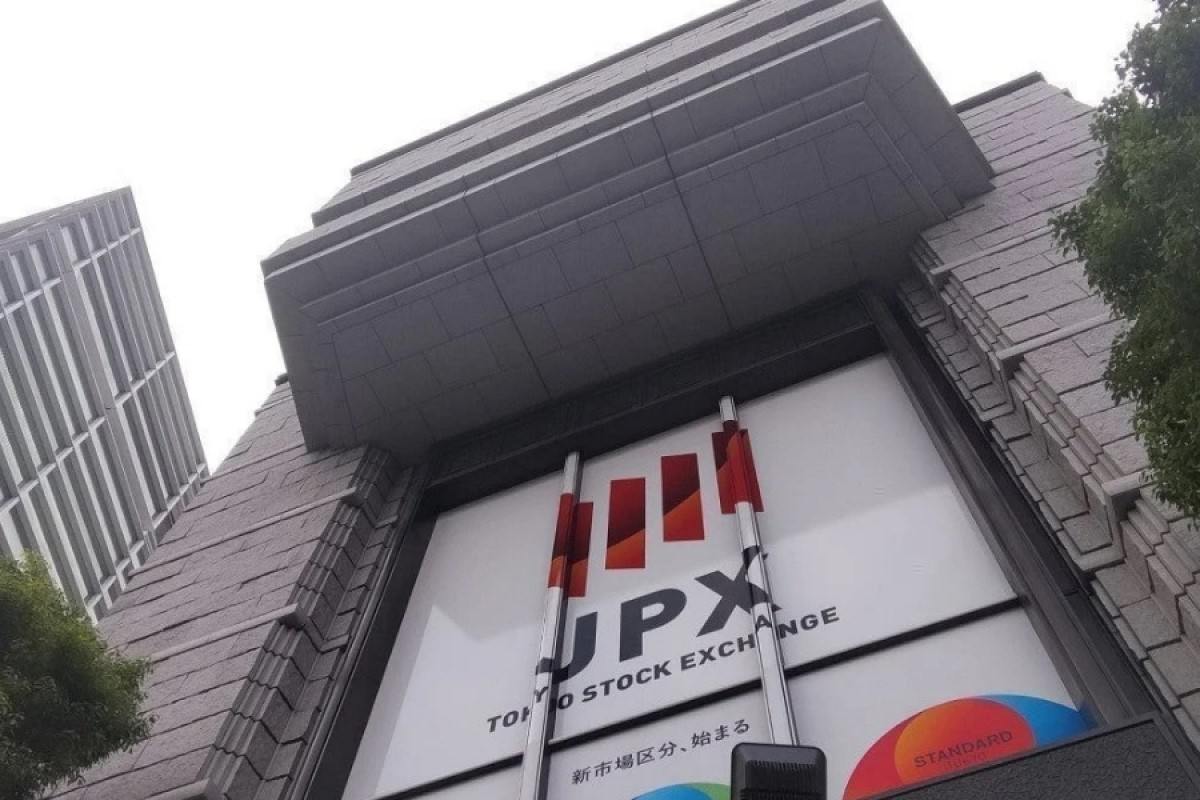Japan’s Nikkei Stock Falls Amid Caution Ahead of Central Bank Decisions; Auto Shares Shine (UPDATE 1)

Tokyo Stock Exchange
12:51 JST, December 18, 2024 (updated at 16:50 JST)
TOKYO (Reuters) – Japan’s Nikkei share average fell for a fourth session on Wednesday as investors remained cautious ahead of central bank decisions in the U.S. and Japan, while report of a Honda-Nissan tie-up boosted auto shares.
The Nikkei ended 0.72% lower at 39,081.71.
The broader Topix erased early gains to fall 0.31% to 2,719.87, even as the auto sector rose 1.5% on expectations for an industry reorganization.
Honda Motor and Nissan Motor are in talks to deepen ties, two people said, including a possible merger, the clearest sign yet of how Japan’s once seemingly unbeatable auto industry is being reshaped by challenges from Tesla and Chinese rivals.
“The report raised expectations that Japan’s automakers will start a consolidation and investors were prompted to buy auto shares,” said Fumio Matsumoto, chief strategist at Okasan Securities.
“The market did not expect the closer tie-up between Nissan and Honda would take place this early. Now, investors expect less competitive automakers, such as Mazda, may be a target of an acquisition.”
Nissan surged 23.7% to a daily limit, while Honda fell 3%. Mitsubishi Motors jumped 19.65% and Mazda Motor gained 5.54%.
U.S. stocks retreated overnight and the Dow dropped for a ninth straight session as investors exercised caution ahead of the Federal Reserve’s last policy announcement of the year after economic data indicated consumer spending remained solid.
The Bank of Japan (BOJ) will conclude its policy meeting on Thursday and announce its decision just hours after the Fed’s expected rate cut.
Uniqlo brand owner Fast Retailing slipped 1.76% to drag the Nikkei the most. Technology start-up investor SoftBank Group lost 4%.
Okasan’s Matsumoto said the Nikkei’s gains would be limited toward the end of the year, with foreign investors going on holidays.
“But losses will be limited as well, because of the share buybacks by Japanese firms.”
Top Articles in News Services
-

Survey Shows False Election Info Perceived as True
-

Hong Kong Ex-Publisher Jimmy Lai’s Sentence Raises International Outcry as China Defends It
-

Japan’s Nikkei Stock Average Touches 58,000 as Yen, Jgbs Rally on Election Fallout (UPDATE 1)
-

Japan’s Nikkei Stock Average Falls as US-Iran Tensions Unsettle Investors (UPDATE 1)
-

Trump Names Former Federal Reserve Governor Warsh as the Next Fed Chair, Replacing Powell
JN ACCESS RANKING
-

Producer Behind Pop Group XG Arrested for Cocaine Possession
-

Japan PM Takaichi’s Cabinet Resigns en Masse
-

Man Infected with Measles Reportedly Dined at Restaurant in Tokyo Station
-

Israeli Ambassador to Japan Speaks about Japan’s Role in the Reconstruction of Gaza
-

Videos Plagiarized, Reposted with False Subtitles Claiming ‘Ryukyu Belongs to China’; Anti-China False Information Also Posted in Japan























